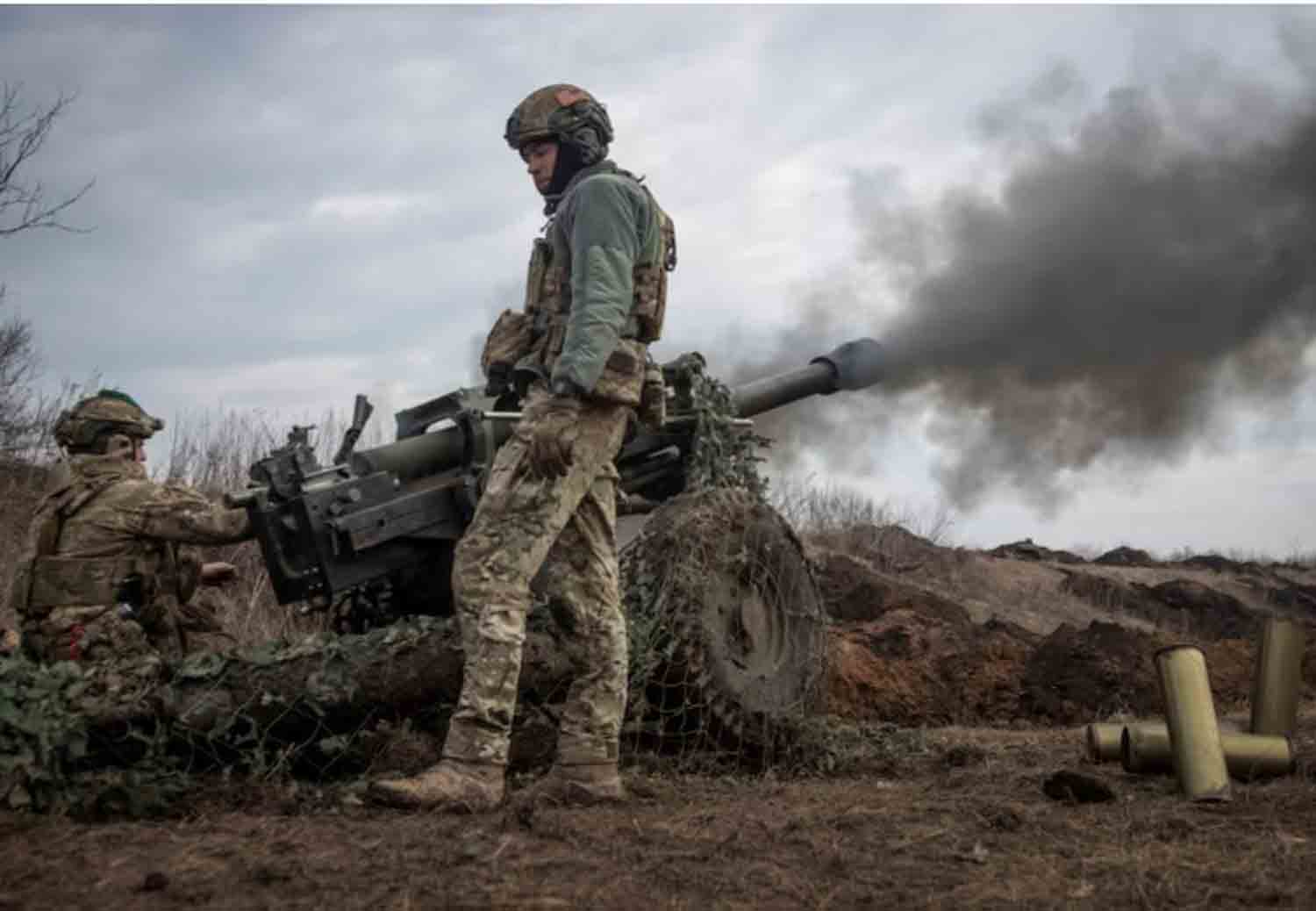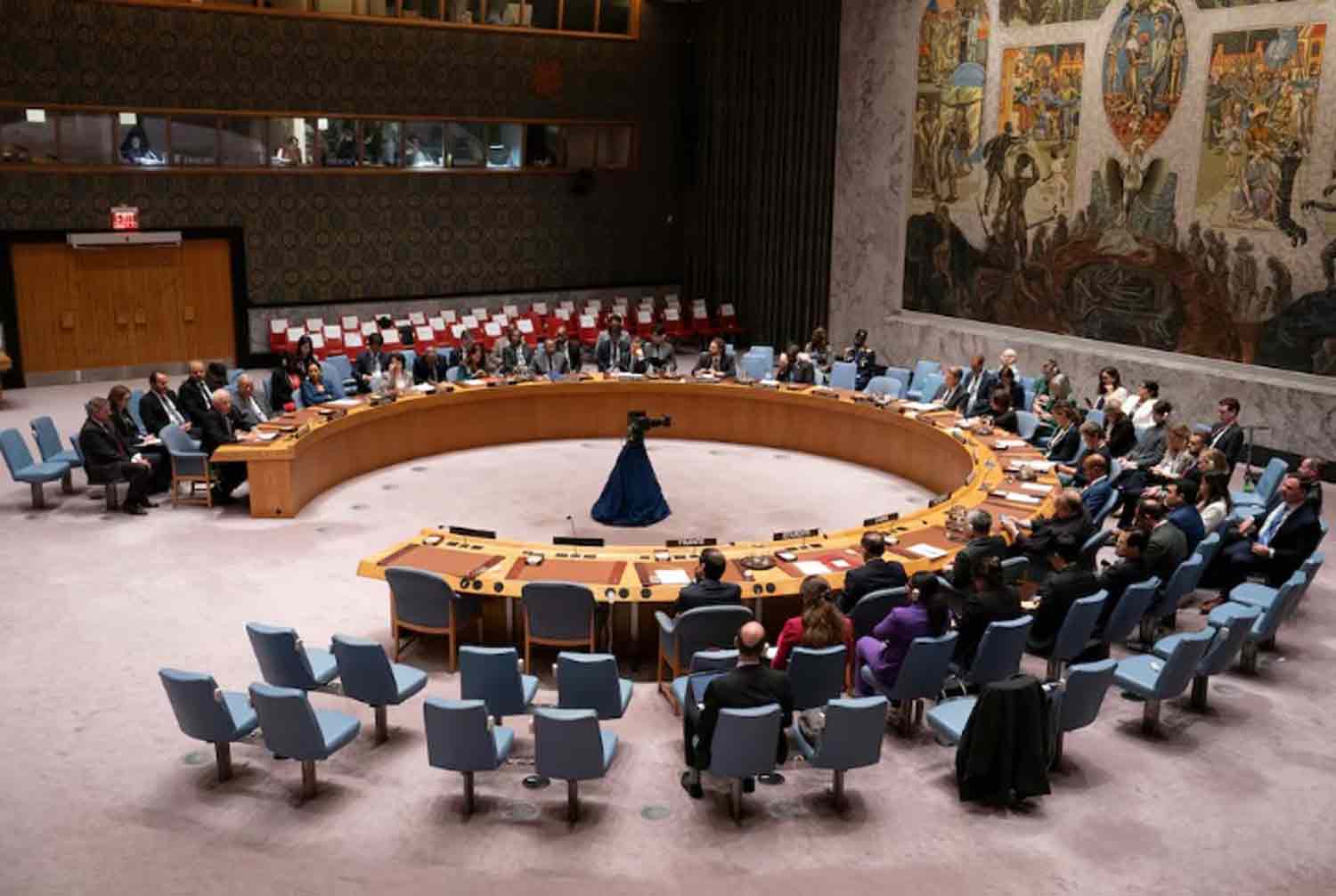The Pentagon announced on Monday that the United States will not impose additional restrictions on Ukraine‘s use of American weaponry, even if North Korea becomes involved in Russia‘s conflict. This statement comes as NATO reported the deployment of North Korean military units to the Kursk region in Russia.
The presence of North Korean forces is raising alarm among Western nations, suggesting that the ongoing 2.5-year conflict in Ukraine may escalate, despite a shift in focus towards the Middle East. This development could indicate Russia’s strategy to mitigate its increasing battlefield losses and maintain gradual progress in eastern Ukraine.
NATO Secretary-General Mark Rutte expressed concerns, stating that the growing military collaboration between Russia and North Korea poses a threat to security in both the Indo-Pacific and Euro-Atlantic regions. U.S. President Joe Biden characterized the situation as “very dangerous.” The Pentagon has revised its estimate, now suggesting that approximately 10,000 North Korean troops have been sent to eastern Russia for training, a significant increase from the previous estimate of 3,000 troops reported last Wednesday.
A segment of those soldiers has already advanced closer to Ukraine, raising our concerns that Russia may deploy these troops in combat or to assist combat operations against Ukrainian forces in Russia’s Kursk Oblast, which borders Ukraine, stated Pentagon spokesperson Sabrina Singh, referencing a specific Russian region.
Initially, the Kremlin dismissed claims regarding a North Korean troop deployment as “fake news.” However, President Putin did not refute the presence of North Korean soldiers in Russia on Thursday, indicating that it is up to Moscow to determine how to execute its partnership treaty with Pyongyang.
Additionally, over the weekend, the Russian leader warned that Moscow would react appropriately if the U.S. and its allies facilitate Ukraine’s ability to strike deep into Russian territory, interpreting any such support from the West as “direct involvement of NATO” in the conflict. Nevertheless, the United States has not signaled any intention to endorse Ukraine’s request for deep strikes. A North Korean foreign ministry official did not verify the media reports regarding troop deployment to Russia but suggested that if such actions were taken, they would align with international norms.
Ukrainian military intelligence reported on Thursday that the first North Korean units have been observed in the Kursk border area, where Ukrainian forces have been active since a significant incursion in August. However, the Pentagon has not confirmed the presence of North Korean troops in Kursk. “It seems likely they are heading towards Kursk, but I don’t have further details at this time,” stated Singh.
Ukrainian President Volodymyr Zelenskiy characterized this development as an escalation by Russia. Foreign Minister Andrii Sybiha indicated that Kyiv had been alerting allies about the potential deployment for weeks and criticized them for not responding decisively. “The key message is to heed Ukraine’s warnings. The solution is to remove restrictions on our long-range strikes against Russia immediately,” he expressed on X.
Since their leaders convened in Russia’s Far East last year, military relations between North Korea and Russia have strengthened. They reconvened in June to establish a comprehensive strategic partnership that includes a mutual defense agreement. This has been followed by numerous high-level visits between the two nations, which share a brief border. North Korea’s foreign minister, Choe Son Hui, left Pyongyang on Monday for her second visit to Russia in six weeks.
Rutte remarked that the deployment of North Korean troops reflects “growing desperation” on Putin’s part. “Over 600,000 Russian soldiers have been killed or injured in Putin’s war, and he cannot maintain his offensive against Ukraine without external assistance,” Rutte noted.
Andriy Yermak, chief of staff to the Ukrainian president, emphasized that sanctions alone would not adequately address North Korea’s involvement. He stated that Kyiv requires “weapons and a clear strategy to deter North Korea’s increased participation.” “The adversary recognizes strength. Our allies possess that strength,” Yermak added on X.
Discover more from Defence Talks | Defense News Hub, Military Updates, Security Insights
Subscribe to get the latest posts sent to your email.





